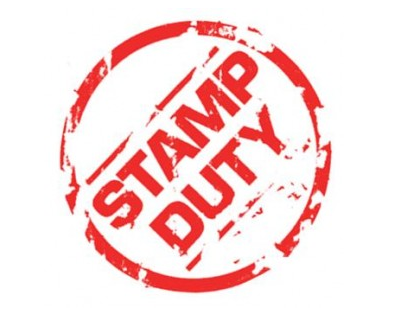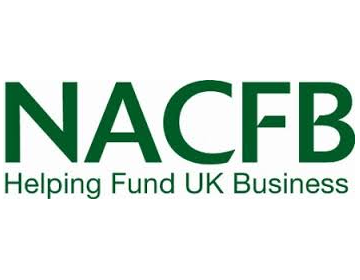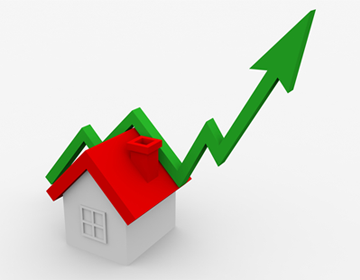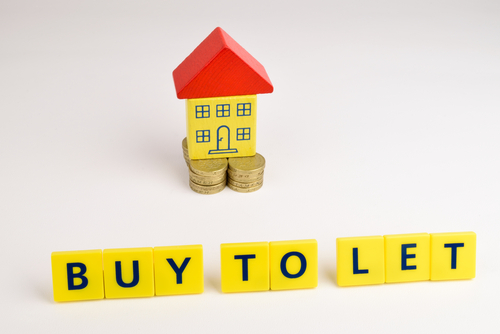The latest house price index - this one from the Halifax - has triggered a huge wave of concern about the market from brokers and others in the mortgage finance sector.
The Halifax reports that the average UK house price fell slightly in June, by around £300 compared to May with a typical property now costing £285,932. This was the third consecutive monthly fall, albeit it a modest one - however, the annual drop of 2.6 per cent, equivalent to some £7,500 on a typical home, is the largest year-on-year decrease since June 2011.
The lender says that with very little movement in house prices over recent months, this sharp annual decline largely reflects the impact of historically high house prices last summer – annual growth peaked at 12.5 per cent in June 2022 – supported by the temporary Stamp Duty cut.
Kim Kinnaird, director of Halifax Mortgages, says: “Concerns about persistent inflation have led to a significant increase in the cost of funding. Coupled with base rate rising by another 0.5 per cent, this contributed to a big jump in typical mortgage rates over the last month.
“The resulting squeeze on affordability will inevitably act as a brake on demand, as buyers consider what they can realistically afford to offer. While there’s always a lag effect when rates go up, many existing mortgage holders with variable deals or rolling off fixed rates will likely face an increase in the next year.
“How deep or persistent the downturn in house prices will be remains hard to predict. Consumer price inflation is likely to come down in the near term as energy and food prices look set to reverse their steep rises, but core inflation is clearly proving stickier than originally expected.
“With markets now forecasting a peak in Bank Rate of over 6.0 per cent, the likelihood is that mortgage rates will remain higher for longer, and the squeeze on household finances will continue to put downward pressure on house prices over the coming year.”
Others in the sector have analysed the Halifax data and produced more stark conclusions.
Adam Smith of Alfa Mortgages says: “As rates rise further, a growing number of forced sales are now likely. Much will depend on whether borrowers were already stretching their affordability limits when they secured their mortgages at historically low rates of 1.0 or 2.0 per cent. The outcome will largely depend on these individual circumstances and their particular level of financial strain.”
John Choong, market and equity analyst at Investing Reviews, comments: “With a terminal rate of 7.0 per cent rate now being priced in, mortgage rates could skyrocket to 8.0 per cent or higher, potentially triggering a crash in the housing market. One of the few positives is that the unemployment levels remain low while the household savings ratio remains above pre-pandemic levels. More importantly, over 70 per cent of mortgages are held by the UK's top 40 per cent of earners, thereby making defaults less likely. If inflation continues to remain sticky for the foreseeable future, the rapid tightening of monetary policy could trigger a recession, leading to higher unemployment and a bloodbath in the housing market.”
Riz Malik, director of R3 Mortgages, sees it this way: “If things carry on as they are, there's only one word that portrays the outlook for the UK economy, its housing market and the mortgage industry: disastrous. The labour market currently has a crucial influence on the UK's interest rates. Even as we pray for a drop in CPI inflation, the Bank of England equally desires a reduction in wage inflation. This may coincide with a surge in unemployment if the economy stalls.”
Kundan Bhaduri, director of London-based property developer and portfolio landlord The Kushman Group: “As mortgage rates increase, homeowners on ultra-low fixed rates will face challenges when transitioning to new rates this year. This will lead to a rise in forced sales and, in some cases, repossessions. The housing market's lack of supply and new housing developments have been an ongoing issue as we know. This scarcity will give some resilience to house prices during these turbulent times but higher interest rates counteract those issues. The job market plays a vital role in supporting house prices.”
Alastair Hoyne, chief executive at London-based Finanze Group, states: “The question is not whether the housing market will see a correction, but rather how quickly prices fall. According to estimates from the Nationwide, the average house price has fallen by 3.5 per cent in the year to June 2023. We anticipate two further 25 basis point hikes in September and November, raising the base rate to 6.0 per cent. Our prediction for an 11 per cent decline in residential house prices over 2023 doesn’t now seem so far away.”
Lewis Shaw, founder of Shaw Financial Services, in Manfield, says: “There will undoubtedly be a number of forced sales as some people roll off ultra-low fixed rates to see their mortgage payments, in some cases, almost double. We have to hope that the inflation data in August will be a significant step in the right direction to alleviate the pressure that's building in the mortgage market. If rates continue to rise, we could easily see house price falls between 10 and 15 per cent from their peak last August. While that would not be considered a crash by any stretch, many people consider the value of their home intrinsic to their overall prosperity and, as such, this would knock consumer spending further, possibly precipitating a recession.”
There are some optimists who doubt a crash is on the horizon, however.
Paul Welch, the chief executive of LargeMortgageLoans, states: “I think we’re still a long way off a housing market crash. Good properties in attractive locations will always sell. Houses may stay on the market a little longer than before and owners may need to review the price, but chances are that if it’s a sound property in a solid location, then it will sell. The core inflation data needs to be watched very carefully this month because, if it has risen again or remains stubbornly high, rates will continue to increase and we could see mortgage rates hit 7.0 per cent before long. This will inevitably have an impact on people’s ability to borrow and curtail how much they can afford to borrow, which could lead to people having to sell their homes and downsize, or even move to a different area of the country where their money will go further.”
And Rhys Schofield, managing director at mortgage advisers Peak Mortgages and Protections, claims: “Against a turbulent backdrop, June was just about our best ever month for mortgage numbers. It's busy and people still need to buy and sell houses for all the reasons they've always had to buy and sell houses. Yes, we are transitioning to a buyers' market but well priced stock is shifting and the latest asking price stats point towards no material change in June. Don't forget that we don't have enough houses, we don't build enough houses and the UK population is ever growing. We're a heck of a long way off of supply keeping up with demand so a full blown crash is really unlikely. Equally, you may not see much growth either.”






















Join the conversation
Be the first to comment (please use the comment box below)
Please login to comment